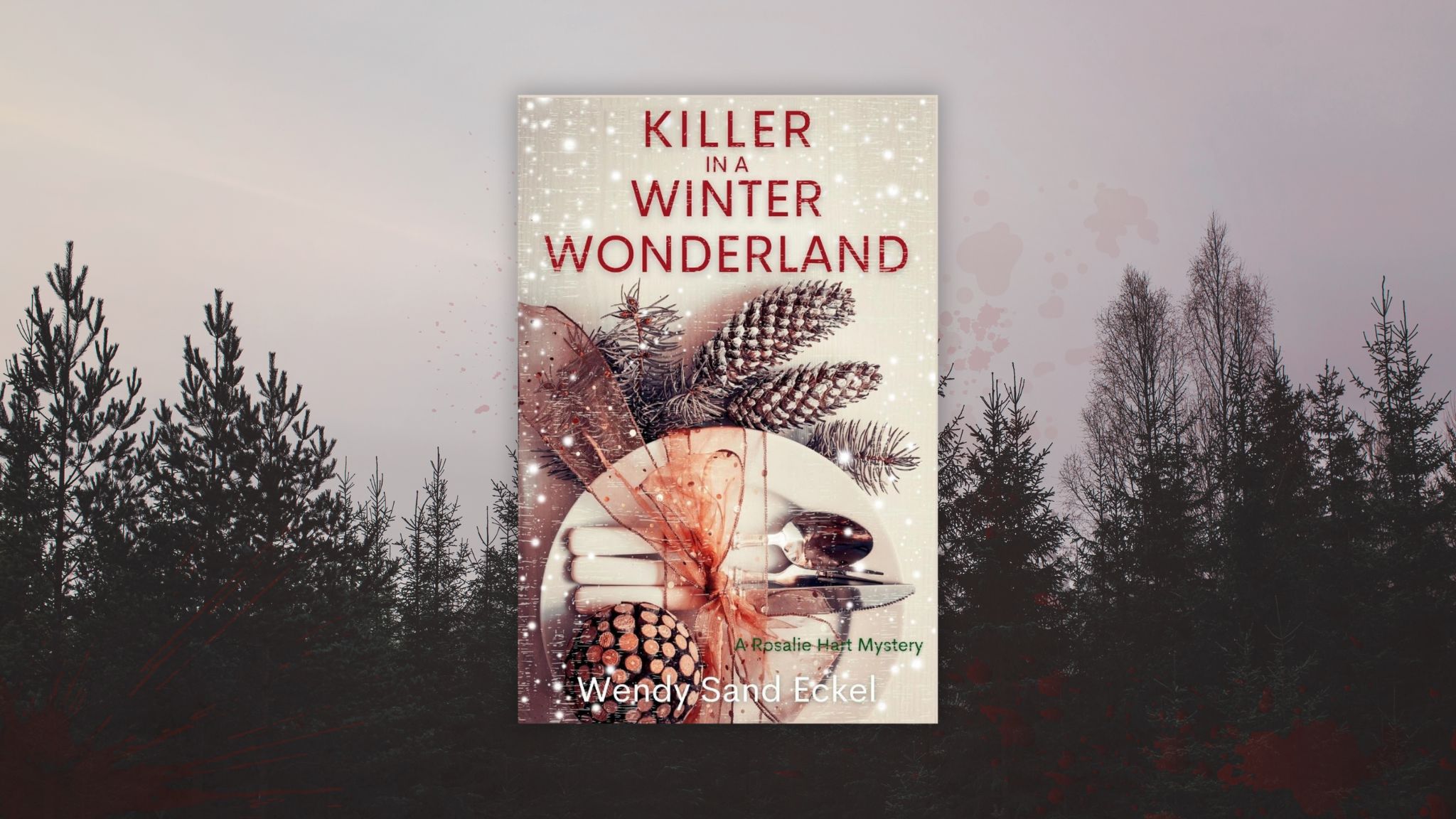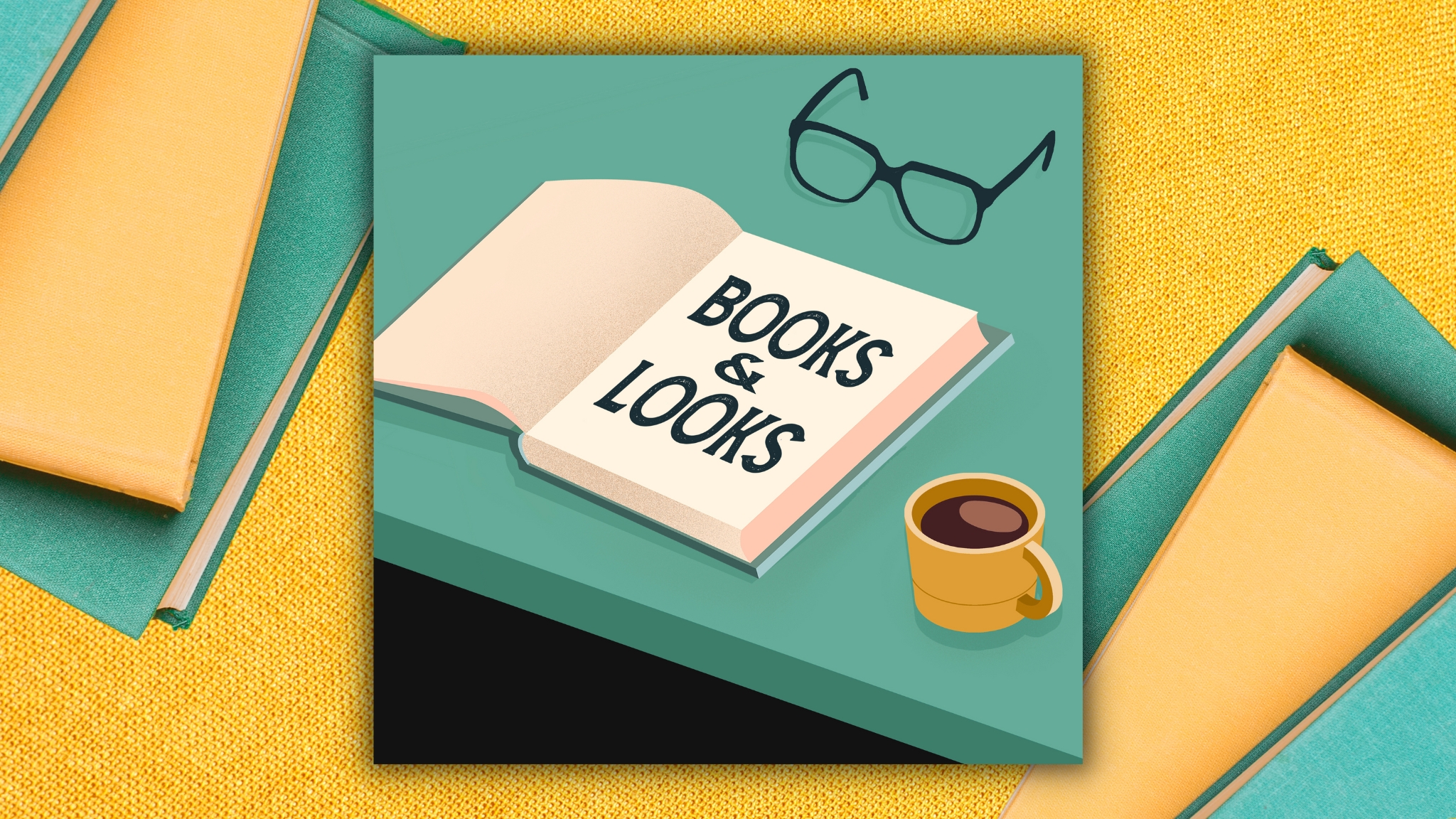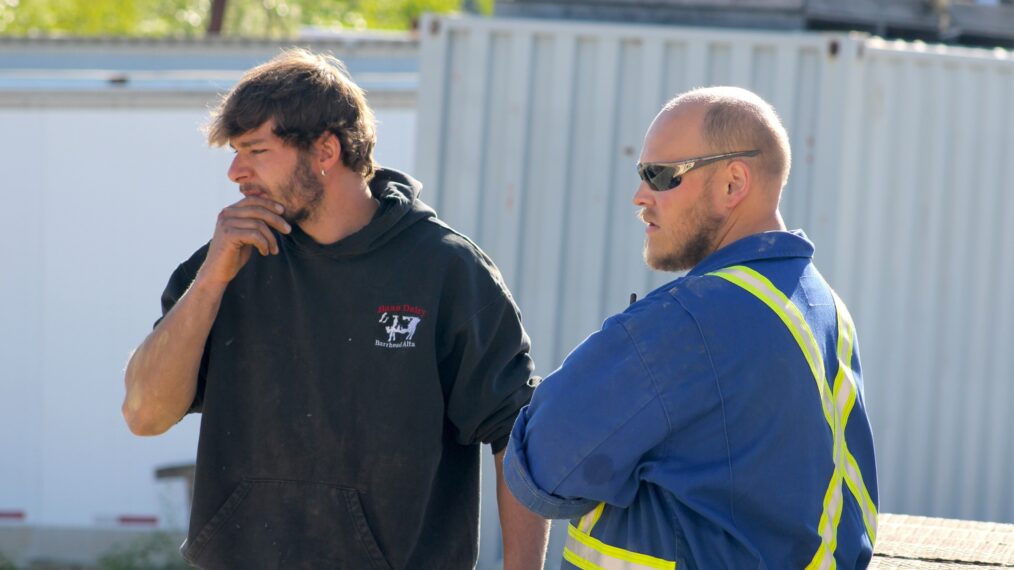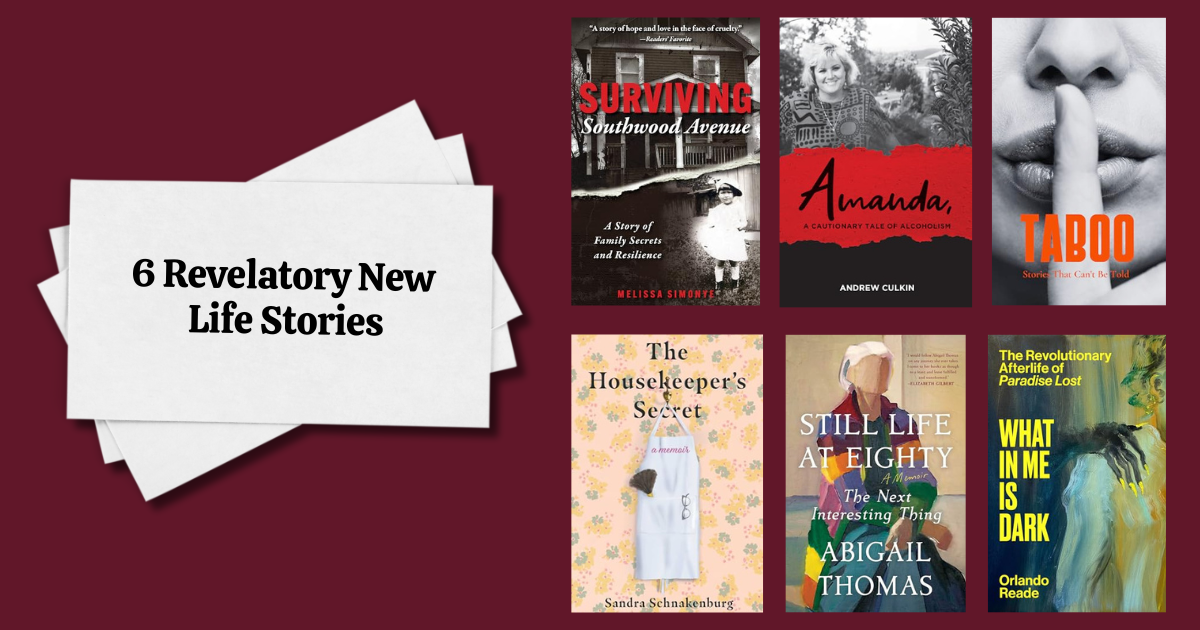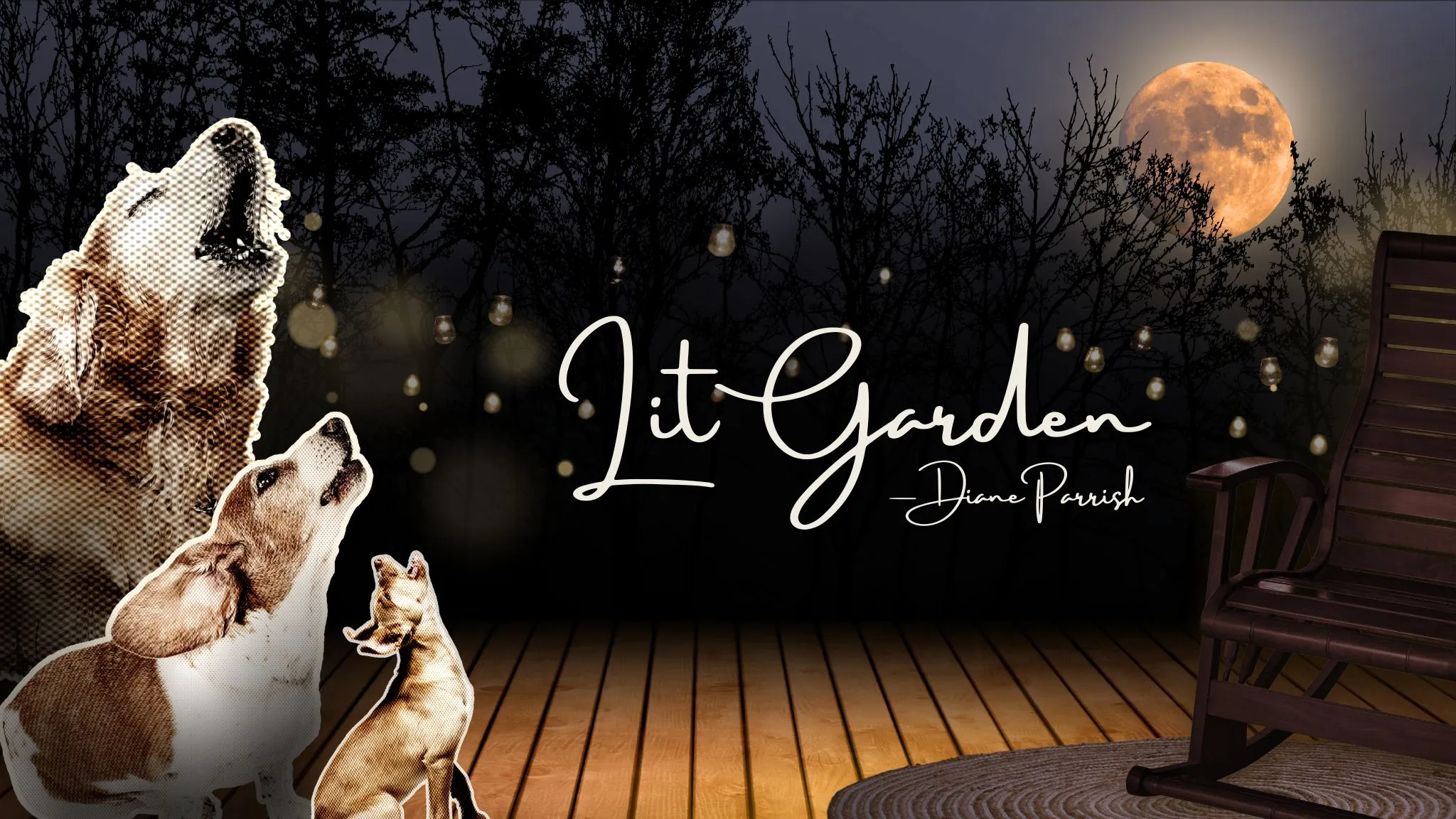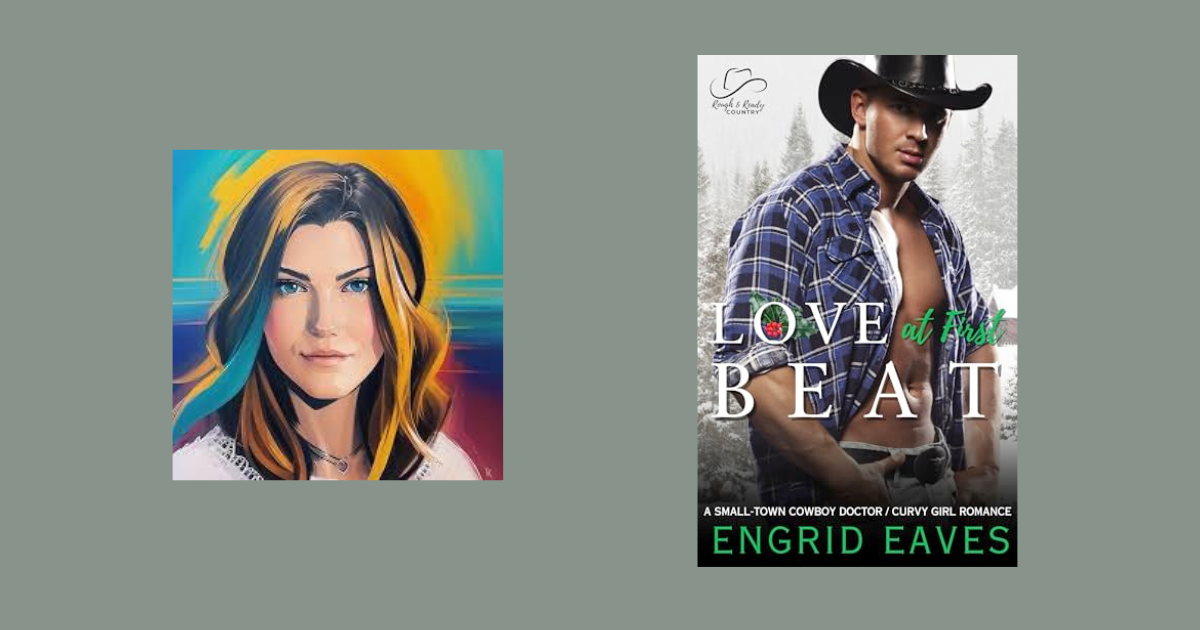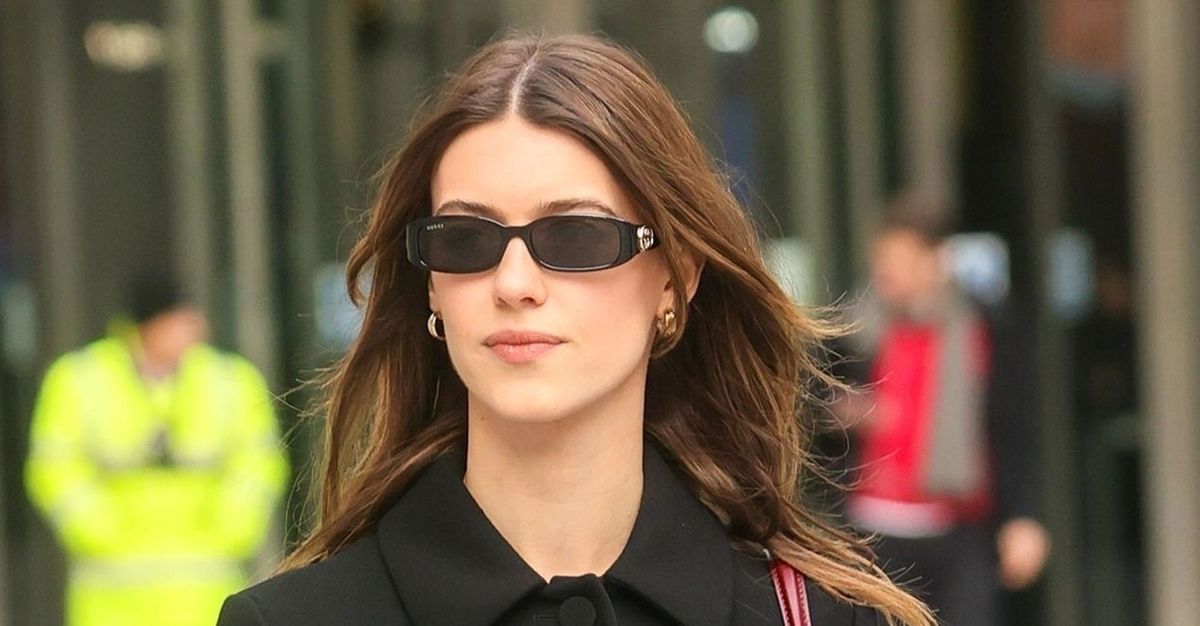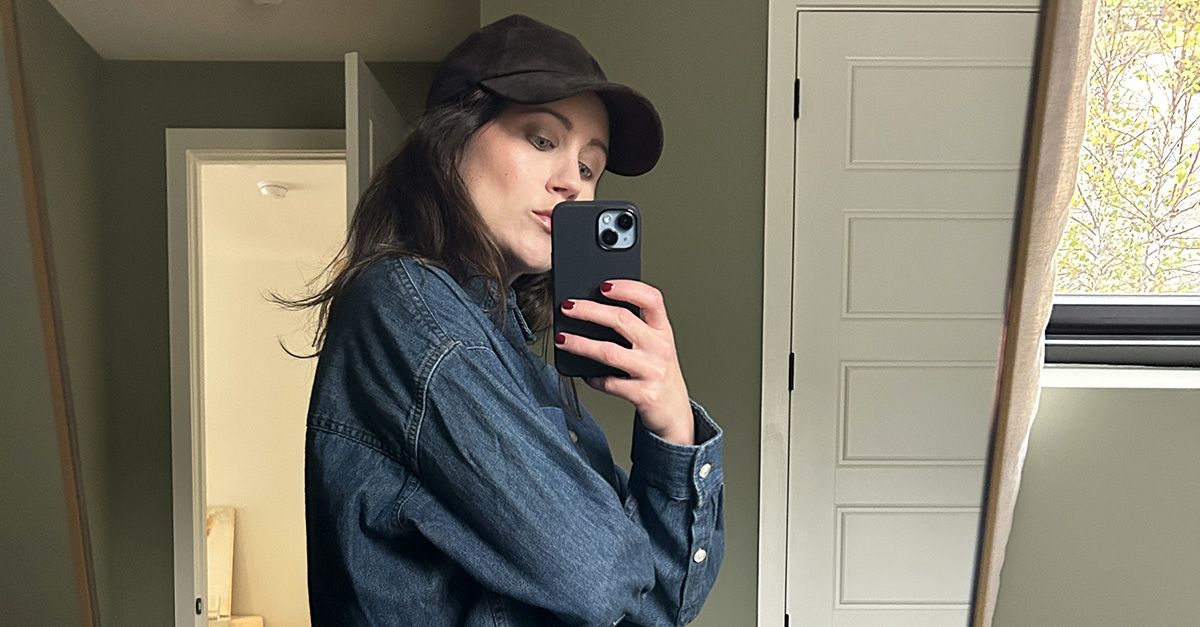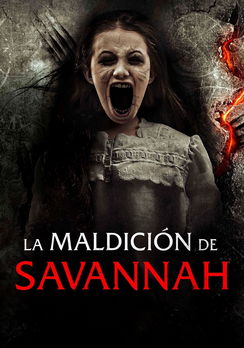What’s the story behind the story? What inspired you to write Still the Night Call?
Writing on the TV series Desperate Housewives, I quickly learned most folk’s stories involve some sort of breaking point, that desperate moment when they decide to take action to change a destiny they no longer want.
During the pandemic, as I began reading countless articles about small dairy operations struggling to make ends meet and the dairy farmers taking their own lives because they could no longer bare the weight of those struggles, I was horrified. I grew up surrounded by dairy farms, and suddenly, here were all of these men committing this desperate act of suicide. Come to find out, farmers commit suicide at a rate even higher than our military veterans.
Well, I felt an obligation to use my talent to write about it. I thought, if there is ever an opportunity for me to tell a story about something important, this is it—to create awareness about a mental health disaster unfolding in rural America.
If you had to pick theme songs for the main characters of Still the Night Call, what would they be?
Still the Night Call is told from the perspective of a single character, a 30-year-old farmer named Calem Honeycutt, and if there was a theme song that represented him it would be Eric Church’s “Stick That in Your Country Song.”
The lyrics are all about bringing awareness to the suffering of the overlooked areas of rural America. In fact there’s a chapter towards the last half of Still the Night Call that was inspired by the moment in “Stick That in Your Country Song” when Church sings about pounding the dash of his truck and stomping the gas and wanting to feel alive. It’s such a powerful moment, both in the book and the song, and I still tear up every time I come across it.
What’s your favorite genre to read? Is it the same as your favorite genre to write?
I grew up obsessed with Michael Crichton’s writing. His stories always took me far beyond the rural farm on which I lived, to exotic places with wildly brilliant and interesting characters. I would say I learned how to tell a story by reading Crichton. I learned how to write by reading Barbara Kingsolver. Her books are poetry to me, and she is the standard in literary fiction to which I hold myself nowadays.
What books are on your TBR pile right now?
The Death of Sweet Mister by Daniel Woodrell, The Chandler Legacies by Abdi Nazemian, and The Midnight Library by Matt Haig.
What scene in your book was your favorite to write?
I enjoyed writing the bits between Calem and his father, especially when they take their four wheelers out to fix the fence near the waterfall. Those moments were lifted from my own experiences with my dad working our farm, and I loved the opportunity to revisit them.
Do you have any quirky writing habits? (lucky mugs, cats on laps, etc.)
I write best with a fresh cup of coffee directly in front of me. Just the smell of it will perk me up and give me energy. And after I’ve drunk the last drop of it, I still keep the mug in front of me for as long as possible to trick my mind into believing there’s more.
Also, I need absolute quiet when I’m at work. I get into a rhythm and the slightest sound can completely knock me off my stride.
Do you have a motto, quote, or philosophy you live by?
I know it sounds corny because it’s such a universal motto especially on social media, but I constantly remind myself to be the change I want to see in the world. In particular I believe the world needs to become more empathetic.
Barack Obama said: “The biggest deficit that we have in our society and in the world right now is an empathy deficit. We are in great need of people being able to stand in somebody else’s shoes and see the world through their eyes.” That’s become my goal, to create more empathy.
Still the Night Call is a resounding call for more empathy towards rural America and in particular the great farmers of this country who I think are woefully misunderstood but who keep all of us fed.
If you could choose one thing for readers to remember after reading your book, what would it be?
I hope readers will walk away from Still the Night Call a bit shaken in their beliefs, awakened to a piece of America they might not have previously understood. I hope it inspires them to take action to support small farmers in their communities and have more empathy for those in our country who live outside the mainstream bubble.
Sign up for our email and we’ll send you the best new books in your favorite genres weekly.







